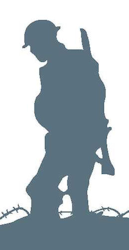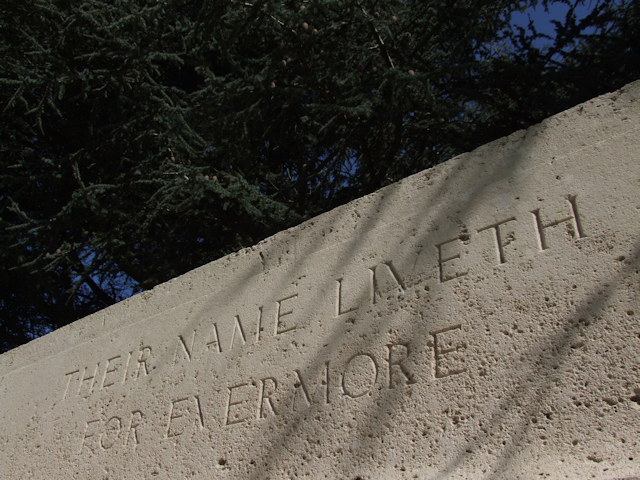Name
Frederick Charles Freeman
Conflict
First World War
Date of Death / Age
Rank, Service Number & Service Details
Hertfordshire Regiment
1st Bn.
Awards: Service Medals/Honour Awards
Not Yet Researched
Cemetery/Memorial: Name/Reference/Country
Headstone Inscription
Not Researched
UK & Other Memorials
Biography
Frederick Freeman was born in the autumn of 1896 to Elijah and Clara Freeman of 6 Garden Road, Abbots Langley. He was one of seven children, five sons and two daughters. Elijah Freeman worked as a Stoker for a Stationary Steam Engine at the time of the 1911 Census, and at that time Frederick had a job as a Milk Boy.
At the time that War broke out in August 1914, Frederick worked as a Commercial Traveller for Messrs Bustrum and Harvey, of 23-25 Gresham Street, London EC. On 21st April 1915 Frederick enlisted with the Hertfordshire Regiment, and the next day undertook a Medical Examination at Hertford. He was recorded for the first time in the Abbots Langley Parish Magazine Roll of Honour in June 1915.
It was not until 22 February 1916 that he was sent to France, and on 14th March joined the 1st Battalion of the Hertfordshire Regiment in the Field. He was admitted to the 134th Field Ambulance on 13th November 1916, with shrapnel wounds to his left arm. On 16th November he was transferred to the 54th Field Ambulance and was returned to his unit on 17th November.
On 27th June 1917 he was appointed an Unpaid Lance Corporal, and then on 31st July, when the 1st Herts were called upon to attack the German defence of the Langemark Line, to the north of Ypres, he was badly wounded. The Hertfordshire’s suffered many losses, and Frederick was admitted to 134 Field Ambulance on 1st August with a gun-shot wound to his right thigh, and shell wounds to his penis, scrotum, right arm, left wrist and left thigh. He was immediately transferred to No 4 Casualty Clearing Station later on 1st August, and on 3rd August was dispatched to No 16 General Hospital at Le Treport on the French Coast. His Medical Record notes that the end of his penis had been shot away, and he had a ragged wound of the scrotum. He had several other wounds, all of which were clean, and it was recorded that he was doing remarkably well. On 13th August Frederick was transferred to England, and from 15th August 1917 to 1 August 1918, he was treated at the City of London Military Hospital at Clapton. The Abbots Langley Parish Magazine reported that Frederick had been wounded in the September 1917 edition.
On 8th February 1918 he was briefly transferred to the 4th London General Hospital at Tooting, where his right leg was X-rayed and the first metatarsal of the right foot was found to be fractured, and his foot was put in plaster. He underwent an operation on 25th June to free a nerve and thus relieve some of his pain. On 1st August 1918 Frederick was transferred to the London General Hospital at Tooting, and was prescribed several treatments to relieve nerve pain and improve muscle power, and by April 1919 it was recorded that he had good voluntary power in his leg muscles. He remained at Tooting, receiving treatment until 30th September 1919 when he was transferred to the 1st London General Hospital at Camberwell, until he was discharged as an invalid with 40% disablement on 31st October 1919.
Frederick Freeman survived the War, as did his brothers Alfred and Christopher,
Additional Information
Discharged Disabled
Acknowledgments
Roger Yapp - www.backtothefront.org



